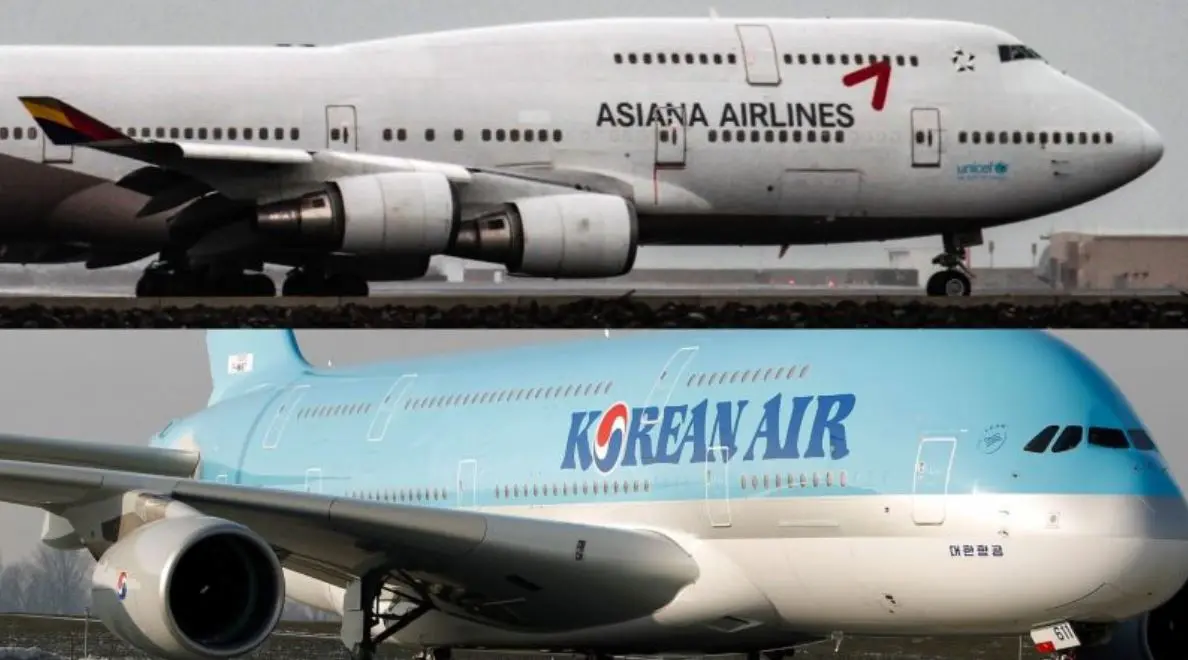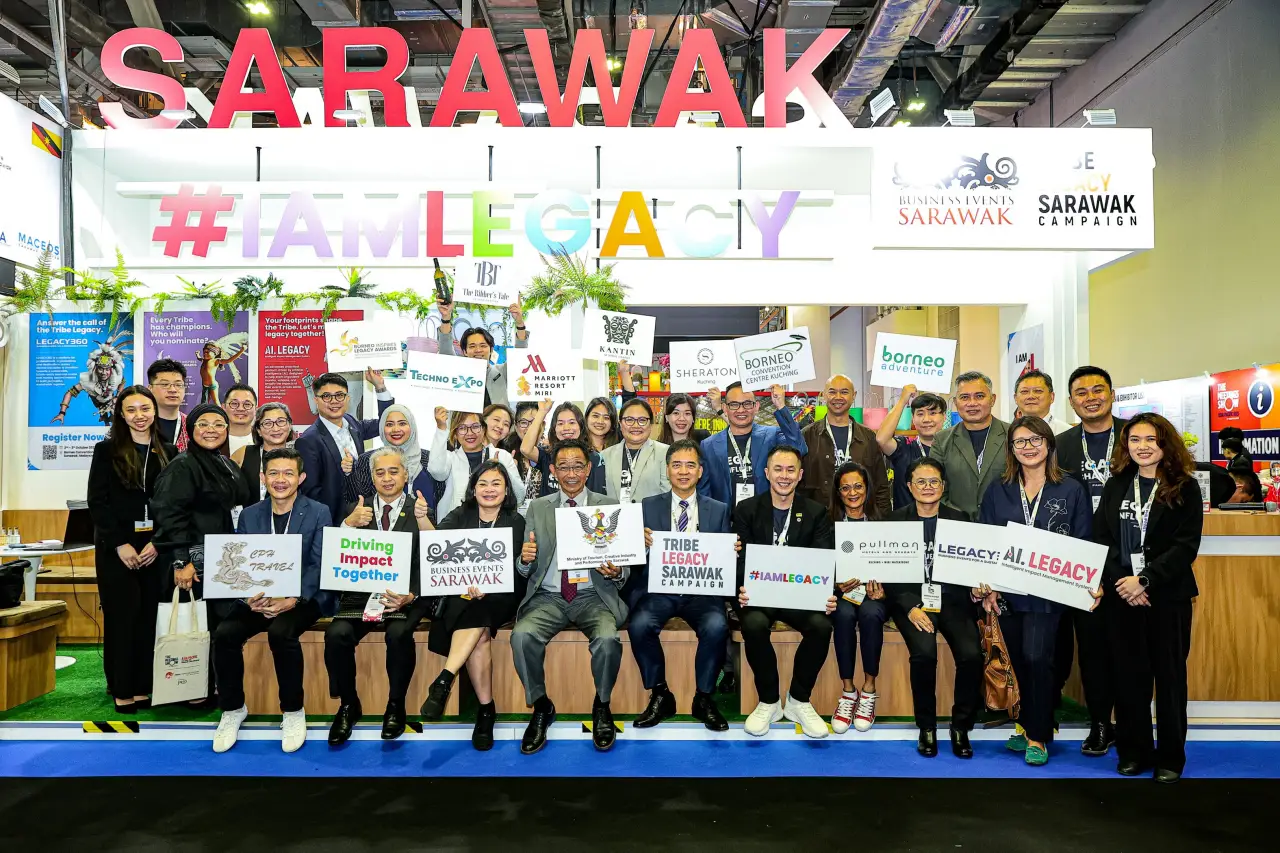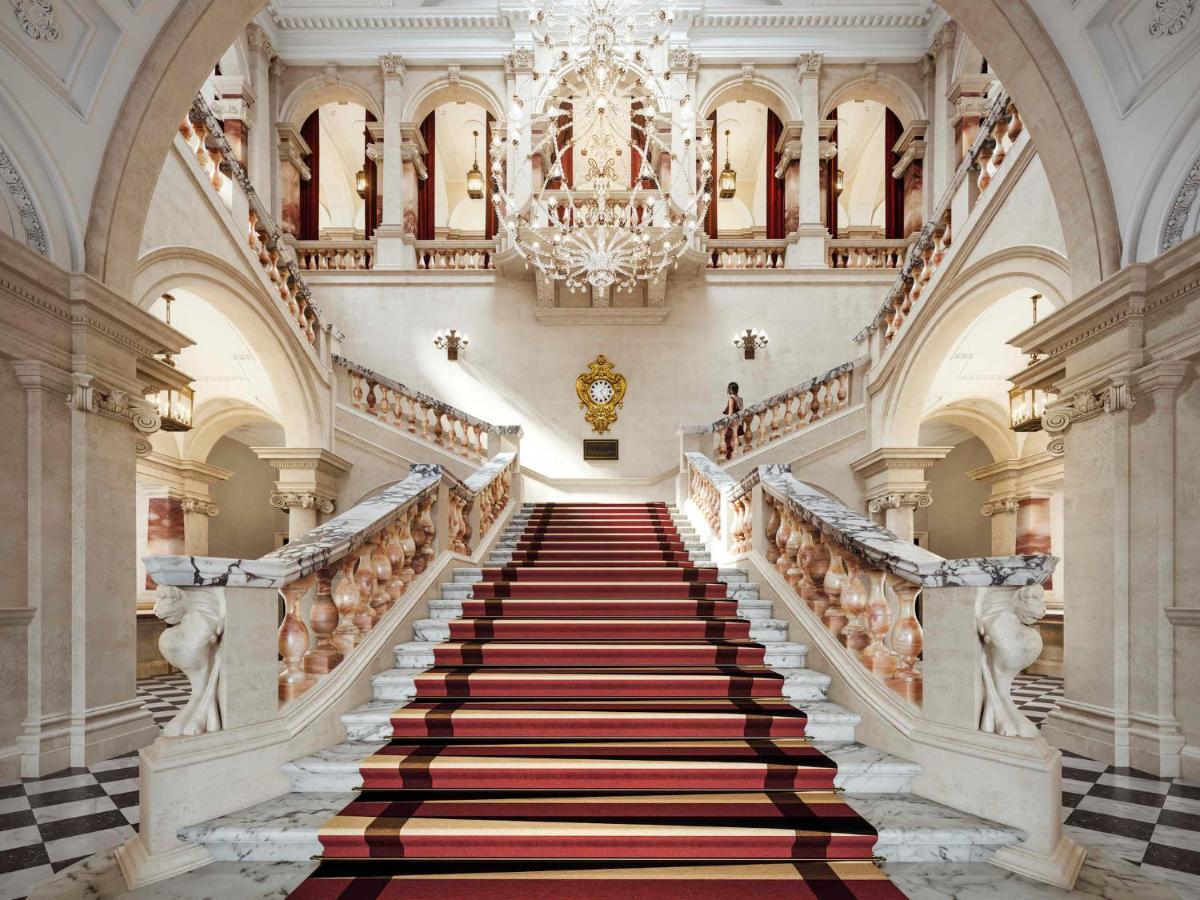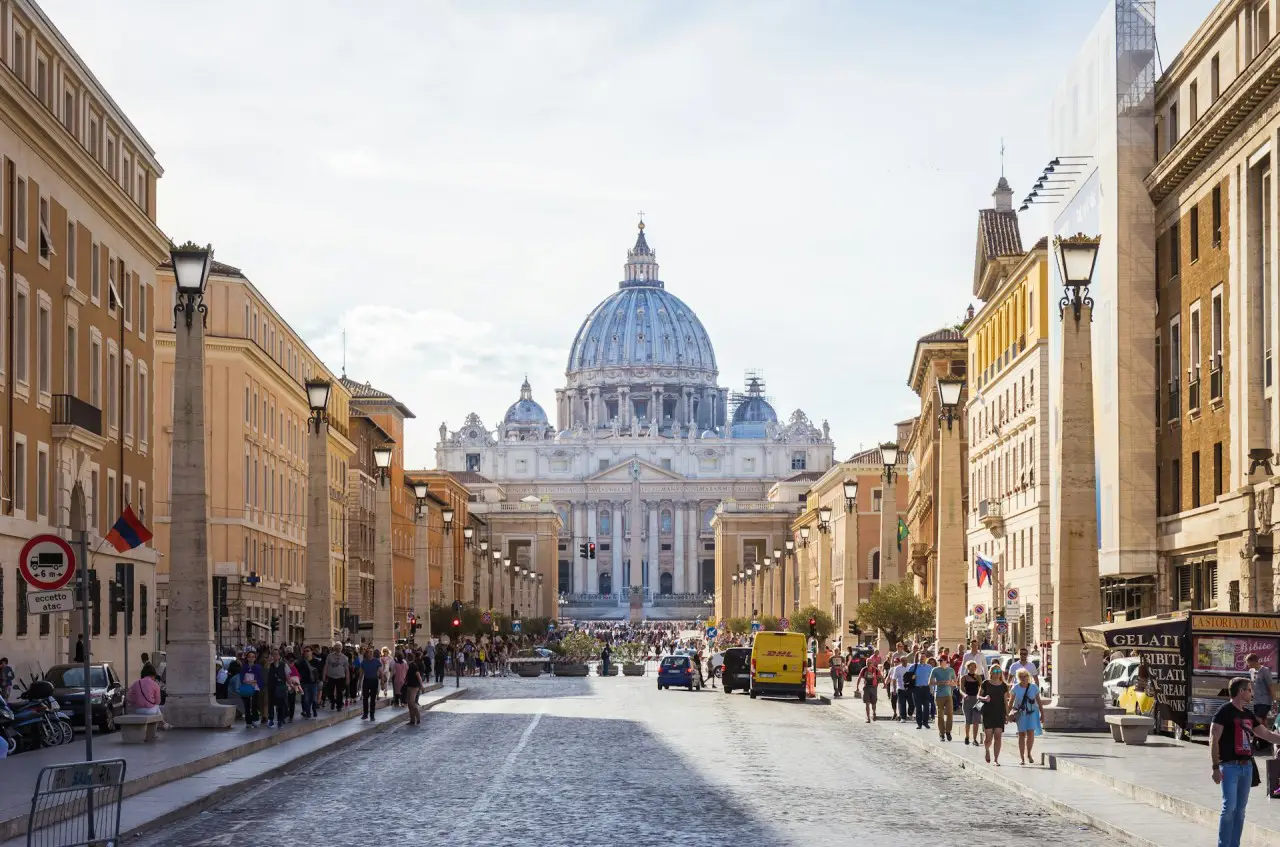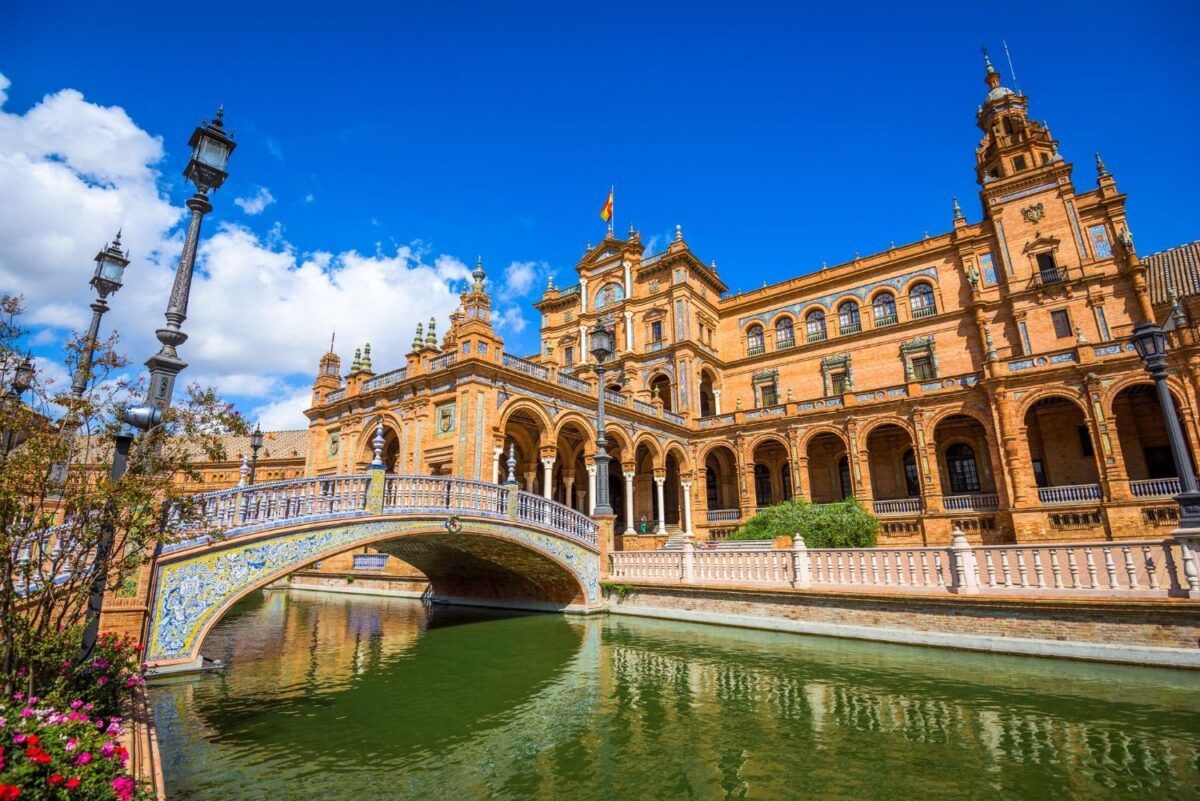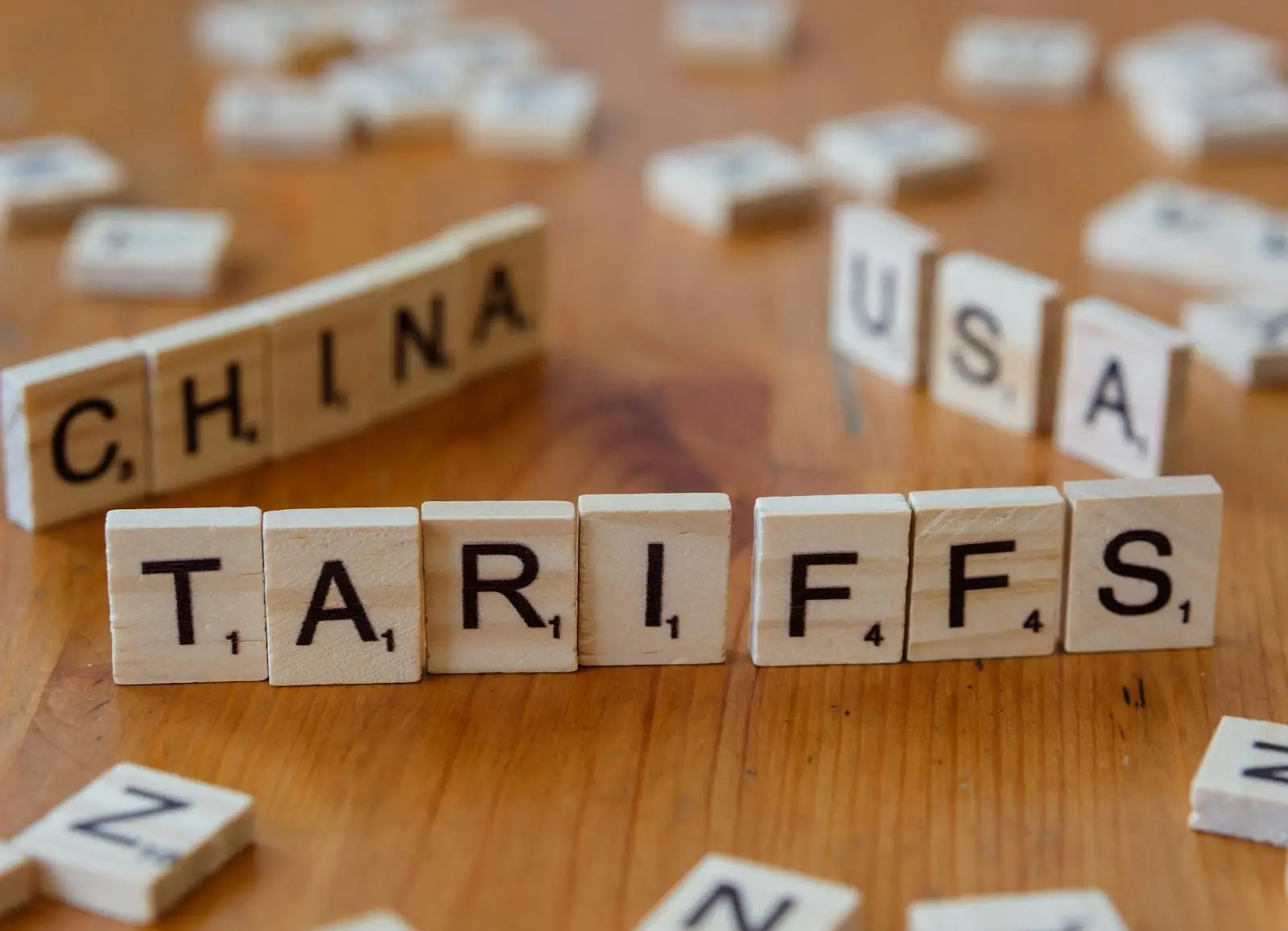Three cities from Turkey have joined the UNESCO Global Network of Learning Cities (GNLC), along with 52 other cities from 27 countries.
The cities of Afyonkarahisar, Balikesir and Izmir have been recognised as outstanding examples of how lifelong learning can become a reality at local level. They have proven that effective lifelong learning policies and practices can support the development of inclusive, safe, resilient and sustainable cities and contribute to the 2030 Agenda. Today’s new members bring the total number of cities within the UNESCO GNLC to 230 in 64 countries.
The UNESCO Institute for Lifelong Learning (UIL), as coordinator of the network, admitted the new members following their nomination by the National Commissions for UNESCO in the concerned countries. A strong commitment to lifelong learning by the mayor and city administration is a key prerequisite for becoming a learning city. As part of their application process, potential UNESCO GNLC members must demonstrate a clear vision for providing lifelong learning opportunities for everyone in the community. Once admitted, cities are expected to take part in the activities of the network and to produce a biennial report outlining their achievements as learning cities. The new member cities will be presented in an online event on 23 September 2020.
The Afyonkarahisar municipality aims to continue fostering the culture of learning and individual development that it has maintained for many centuries. As a learning city, it seeks to mobilize resources in every sector to develop and enrich all human potential for the fostering of personal growth, the maintenance of social cohesion and the creation of prosperity. COVID-19 has presented challenges for the education system of the city and demonstrated the necessity of being prepared and developing new competencies and skills. With the help of core stakeholders such as public universities, the national education directorate, the public education directorate and teaching associations the city sees this challenge as an opportunity to develop education programmes. New online learning methods will be developed and local and international tools for learning will be prepared.
Mehmet Zeybek, the Mayor of Afyonkarahisar said, “Becoming a learning city necessitates the involvement of all related institutions support like city governorships, universities and local education authorities. As a municipality we are working closely with AlyonKocatepe University and Afyon Health Sciences University along with local primary and secondary education authorities. Within the scope of lifelong learning, we carry out a lot of different trainings, workshops, and educations with aforementioned institutions to distinct communities in society. We are not only targeting the youth but also the adults, disadvantaged groups and unemployed people as well.”
As outlined in the mission and vision statements of the 2020–2024 Balikesir Metropolitan Municipality Strategic Plan, lifelong learning is to be part of each citizen’s life, as is necessary for the digital age and information society. Balikesir is convinced that individuals’ knowledge and skills, motivations and activities in lifelong learning are important for the development of a sustainable society. By raising individuals’ awareness and helping them to meet their intellectual potential, the city intends that its citizens will be able to process information about complex systems and think creatively and abstractly across new disciplines.
Yücel Yilmaz, the Mayor of Balikesir said “The Ballkesir Metropolitan Municipality, in association with stakeholders involved in building the UNESCO learning city, continuously supports, empowers and provides sociocultural development and employability to individuals of different age and education levels by improving their knowledge, values, skills and competencies they will require throughout their lifetimes. Being a member of UNESCO Global Network of Learning Cities, will lead the city to appreciate the opportunity to share all we have to offer and what we can provide.”
As a Mediterranean city working towards the Sustainable Development Goals; Izmir wants to strengthen its global ties, to receive guidance and support from learning cities, and to share its best practices with other cities. Izmir is convinced that in order to develop the city, the people who live there must develop first through education. By transforming citizens into more conscious, active and more educated individuals, the city aspires to create a society of solidarity, equality and democratic spirit that contributes to sustainable development in Izmir. As a city that receives 25.000 to 30.000 domestic and foreign migrants annually, many of which are refugees, education has become an important means to help the increasing young population adapt to social life in the city. The municipality seeks to provide education to everyone regardless of gender and age.
Mustafa Tunc Soyer, the Mayor of Izmir said “At lzmir Metropolitan Municipality, we attach importance to “learning by living” as a leverage to achieving our goal. In this sense, we see the whole city as a campus, and a training ground. The rapidly increasing and renewed knowledge in today’s world makes lifelong learning mandatory.
We aim to build the creative, productive, and extraordinary human capital required for all our goals. Education is the most important phenomenon for a person to realize his own potential. We aim to make lifelong learning and quality education opportunities accessible and sustainable for everyone.
We know that in order to develop the city, the people who are living in that city must first develop, and we are aware that this is only possible through education. By transforming our citizens into more conscious, active and more effective individuals, we believe that we will create an equal, social and democratic society which is prosperous. We look forward to developing the activities we have undertaken so far by assuming the responsibility for lifelong learning in cooperation with the UNESCO Learning Cites Network, strengthening our international communication, expanding our relations with world cities, and being inspired by sharing our experiences.”
UIL Director David Atchoarena explains: “With unprecedented urgency, the COVID-19 pandemic has underlined the necessity to build more resilient education systems for the future. With more than half of humanity living in urban areas, cities must be at the centre of this undertaking.”
“During the pandemic, UNESCO learning cities from around the world have shown that they are well placed to make lifelong learning a reality, also under harsh conditions,’ Mr Atchoarena continues. ‘I warmly welcome Afyonkarahisar, Balikesir and Izmir along with the further new members of the UNESCO Global Network of Learning Cities and very much look forward to working with them on further advancing our goal of ensuring lifelong learning for all.”
The 55 new members of the UNESCO GNLC are:
Arab States | Latin America and the Caribbean | Asia and the Pacific | Europe |
Algeria · Adrar · Algiers · Tlemcen | Argentina · José C. Paz · San Justo · La Matanza | Iran (Islamic Republic of) · Tehran · Isfahan · Bandar Khamir | Azerbaijan · Gabala · Ganja · Baku |
Morocco · Ben Guerir · Laayoune · Chefchaouen | Colombia · Tunja · Rionegro · Quibdó | Republic of Korea · Songpa-Gu · Busan Metropolitan City s · Gongju | Belgium · Charleroi |
Palestine · Bethlehem | Mexico · Puebla | Thailand · Chachoengsao · Phuket · Chiang Mai | Finland · Tampere · Vantaa |
Saudi Arabia · Jubail Industrial City | Nicaragua · Santiago de los Caballeros de León | Uzbekistan · Fergana City | Germany · Bonn |
Qatar · Al-Shahaniya | Peru · Arequipa · Chachapoyas | Viet Nam · Sa Dec · Vinh
| Greece · Corinth |
Africa |
| Europe |
|
Senegal · Guédiawaye · Fatick |
| Spain · L’Alcora | Italy · Trieste · Lucca
|
|
| Turkey · Balikesir · Afyonkarahisar · Izmir | Republic of Moldova · Cahul · Chișinău |
|
| Russian Federation · Kazan · Svetlogorsk · Sysert
| Portugal · Loures · Ourém · Batalha |


